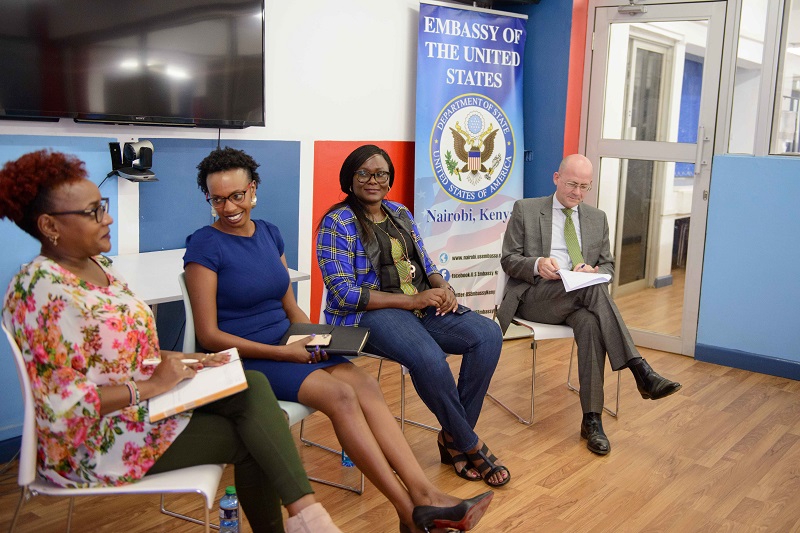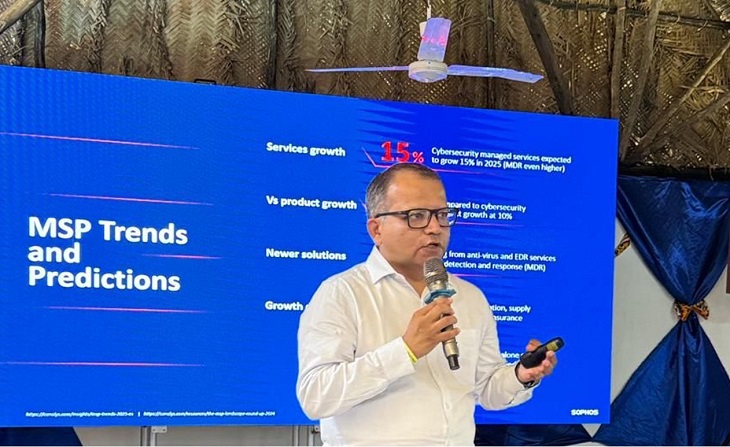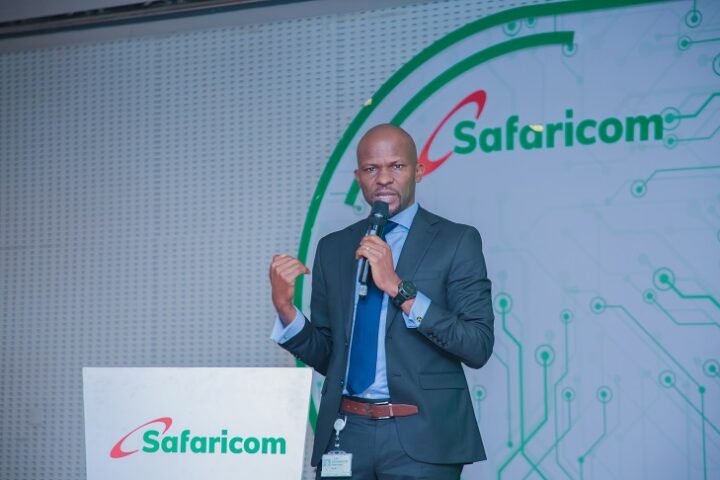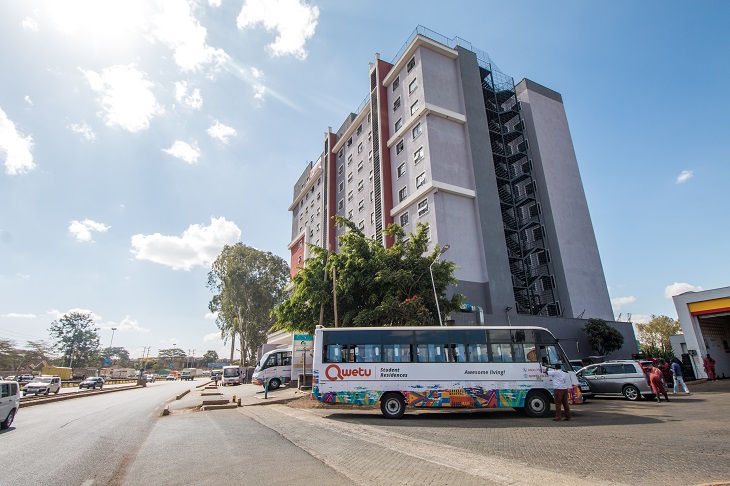Are Kenyan women aware of the ever-spreading cybercrime activities around the world and the dangers posed to society? Are women aware of the critical role they can play in combating cybercrime activities? What is the way forward?
To contemplate these and other issues, the Sochin Research Institute, through support from the U.S. Embassy Nairobi, hosted a panel discussion at the American Space Moi University last week. On the panel were Wanjeri Nderu, a Human Rights Activist, Naomi Mutua who is a Deputy Managing Partner at Ogilvy Public Relations and Maryanne Cheruiyot, a Senior Business Development Manager at Konvergenz Network Solutions.
The panelists unpacked the cybersecurity topic in a remarkably pragmatic and well-coordinated manner. One commonality was that no one should be left out in matters to do with cybersecurity. “Everybody is affected by technology in one way or another. Currently, the Internet is everything. Nobody can run away from the Internet, both men and women. Our lives are intertwined with the Internet such that some of us are addicted. It is right to say that our lives rely on the Internet,” said Naomi Mutua.
Wanjeri Nderu illustrated the point with a personal example and through a gender lens. “Women, especially mothers, have a huge role to play in protecting their daughters. Our daughters are at more risk online than our sons. When my son takes a picture of him in a swimming costume, nobody even pays attention but when my daughter who is 16, does the same, the picture goes viral.”
The discussion then tackled the need to debunk myths behind cybercrime and shift people’s focus from “global issues” to issues closer to them. Too many people associate cybersecurity and cybercrime with hacking such as when international cybercriminals attack corporates for financial gain or to mine data.
However, it is “important to note that we can’t relegate the discussion on cybersecurity to specialists in the IT-sector since everybody needs to be safe in cyberspace,” said Noah Miller, a co-founder of the Sochin Research Institute.
Additionally, many Kenyans need to understand that issues to do with cybersecurity range from stolen identity, access to people’s online accounts without their consent (stolen passwords), cyberbullying, propaganda and slander to uploading and using images without permission.
Cyberbullying is a pernicious and wide-spread activity that particularly targets women. “They are more bullied online than men. Sometimes I think people just bully us for the mere fact that we are women. You can argue with a man online, and when you try to challenge him, he changes tune and starts attacking your body and personality. I was once in such a situation,” complained Naomi Mutua.
She said women need to be united online and control conversations. In most cases, “women are not united. Sometimes it shocks me when women online join men to bully their fellow woman.” She added, “there is so much intolerance online and we all have a role to play to make things right.”
Mentoring young women was seen by all panelists as a way to create a more inclusive and safer digital space. Are there women who can mentor other women in the cybersecurity sector? “Of course there are,” confirmed Maryanne Cheruiyot, and many can be identified through a quick online search. “But we should also ask ourselves as to whether there are women who want to be mentored. If we do have women who want to be mentored, have they come out to look for mentorship?”
Mrs. Cheruiyot stated unequivocally that the cyberspace is no longer a male-dominated space. Women have been coming up more strongly and their force cannot be ignored. Yet more women need to be encouraged to join online platforms and articulate issues not only affecting them but society in general.
Wanjeri Nderu has been implementing this approach and she believes that “as a human rights activist, social media has been a real force. We can plan and organize events and demonstrations through social media platforms and they happen. Most campaigns that we have done about corruption have been achieved through social media and the majority of them have ended up in court with cases still ongoing.”
With women outnumbering men in Kenya according to the 2019 Census, they can unquestionably be a formidable force in cyberspace if they unite and speak as one. For this to happen, however, women need more opportunities to be heard publicly so that perceptions about gender equality can gradually be shaped in a way that is positive for society at large.











